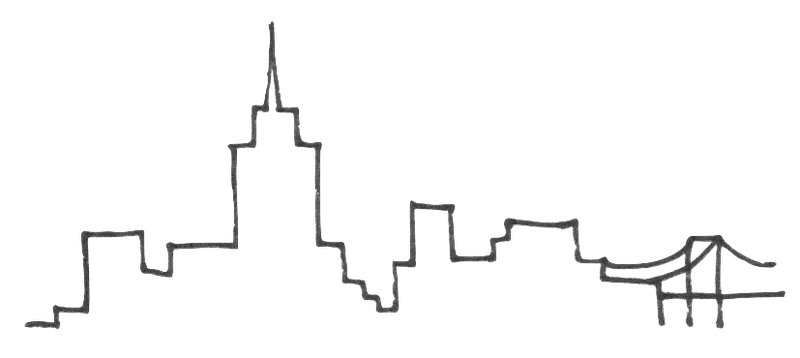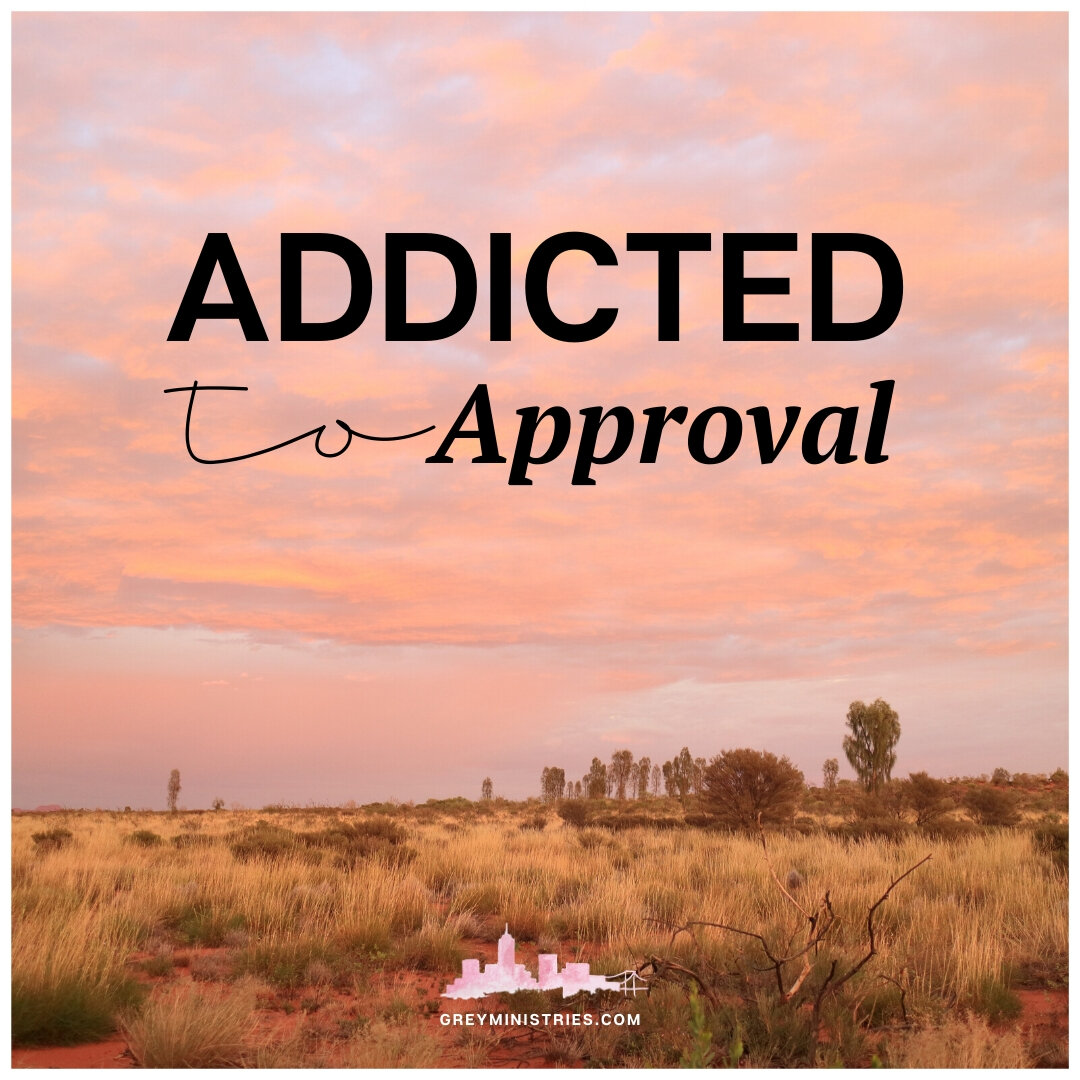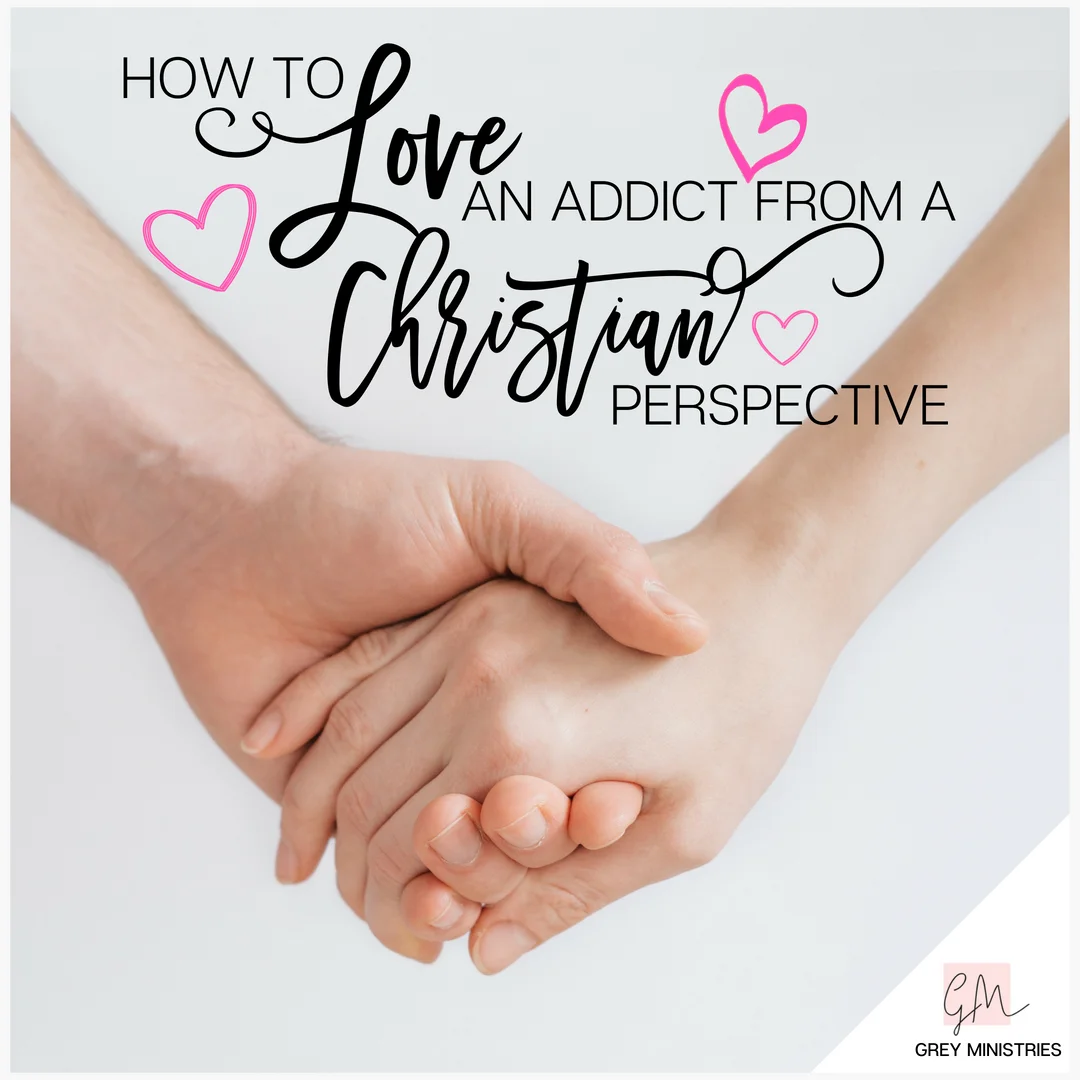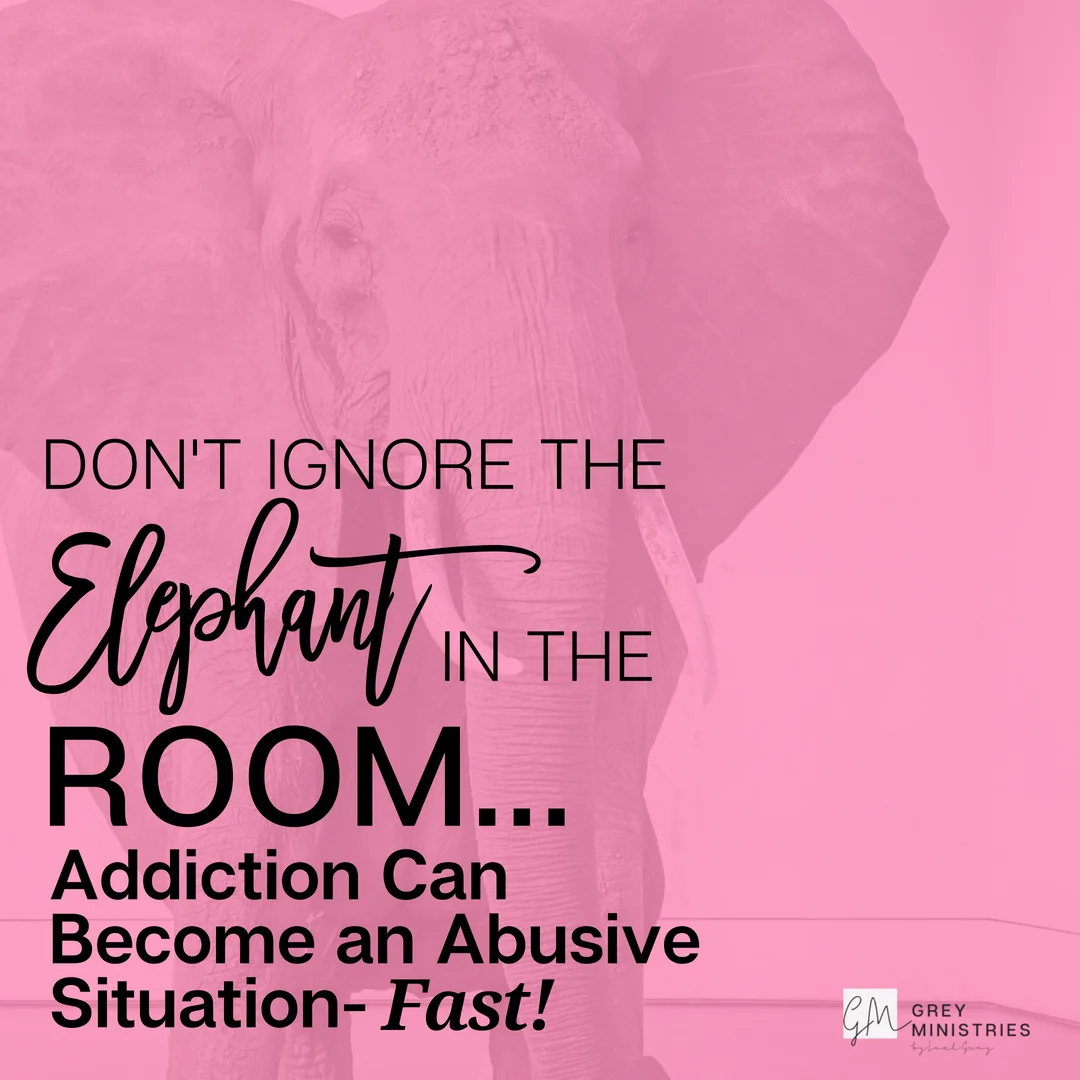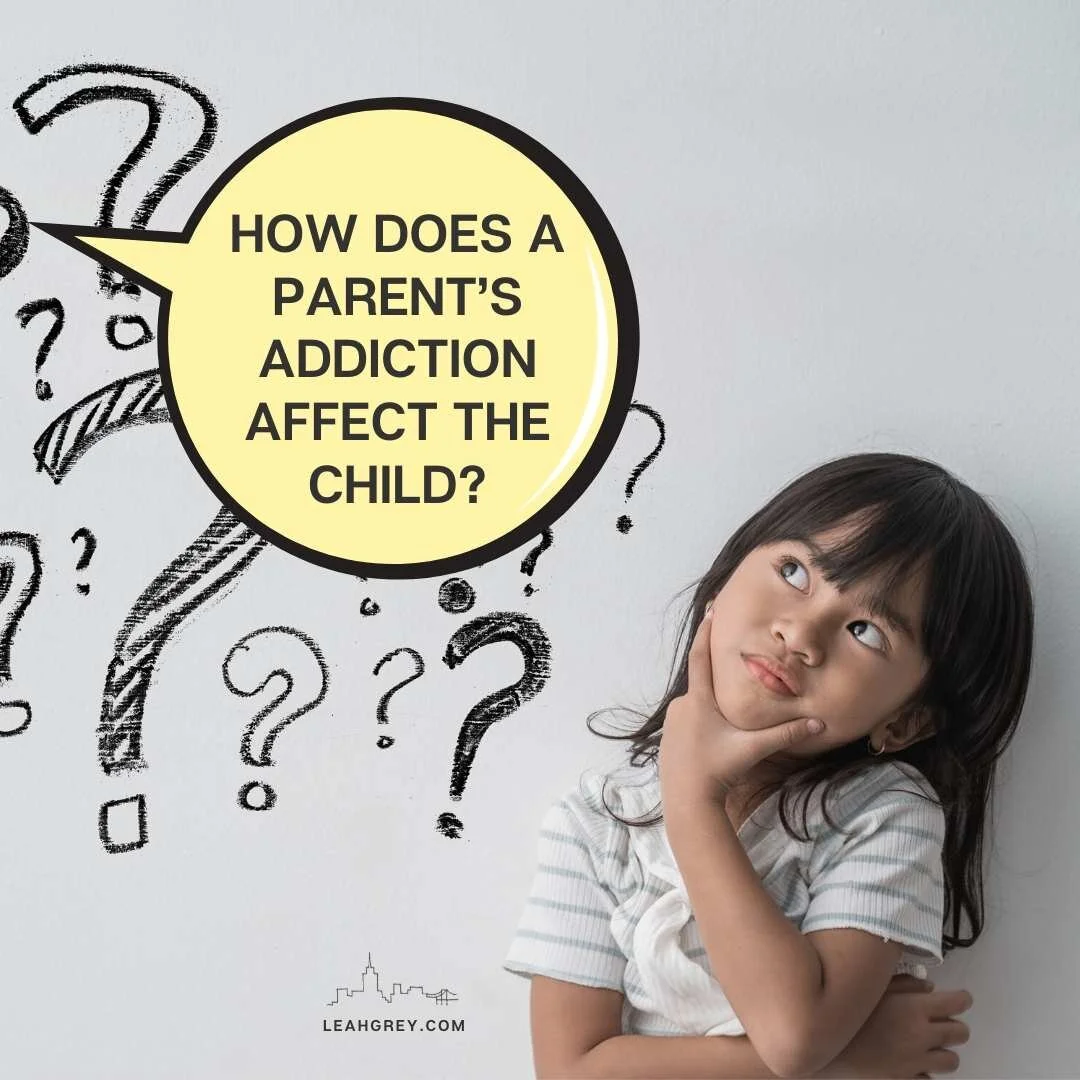How to Find Hope and Healing on the Recovery Roller Coaster
The recovery process is a rollercoaster.
There’s an expectation that when the addiction stops, so do the issues. Now that the dreaded addiction is gone, your life can go back to normal. The problem is, there is no “normal” anymore. After addiction, your normal is “dysfunctional”. Normal is “messy”. Normal is “chaos”. Normal is “fighting”. Normal is “tension”. Normal is “mistrusting”. Normal is “out of control”.
Is it possible for life to be normal after addiction?
Life in early recovery is full of responsibilities. There’s a plan. Things make sense. There are meetings and sponsors and guidelines to live in. As recovery goes on, those responsibilities tend to wane. As does the medication, therapy, marriage counseling. There’s good and bad to these changes. While I don’t believe that all recovering addicts need to go to meetings, I would say as a general rule, if they needed to go to get them into recovery then they need to continue going. The same goes with medication, therapy, church, whatever got them in they need to stay in touch with.
Backsliding is terrifying. For us, the nightmare starts all over again. One sign, one slip, one lie is all it takes for us to be on high alert. This not only stresses out our loved ones but it stresses out our kids, parents, coworkers and anyone else who sees you on a daily basis. You may think you’re fooling the world by not talking about it but trust me, our families feel it. They’ve seen the signs in you just as you’ve seen the signs in your loved one.
The rollercoaster begins.
When the rules of recovery change, because let’s be realistic they cannot stay the way they are forever, it leaves us unprepared and vulnerable. I’m not talking about your loved one, their recovery is in their hands. If they relapse they will have to handle it. What I’m talking about is our recovery from their addiction. Yes, our recovery.
We are much less prepared to handle a relapse than the addict in our life is while they’re in recovery. I say this because emotionally, it damages us. The fear associated with addiction is tremendous, all the anger and sadness and pain can come back in one small, flicker of fear.
Wait… where are they? They should have been home by now…
… Why aren’t they answering the phone?
They took out cash…
Please, no, not this again. Not this. Don’t do this to me, please, not again.
Your heartbeat is pounding in your ears, your arms are numb. You try to distract yourself so you don’t text or call over and over again. Okay, one more phone call. Maybe they didn’t hear the last one.
No answer.
You tell yourself you will wait one hour before you freak out. Okay, no, better make that two. Ok, actually, they could be busy with work. Three hours. You’ll give them three hours. You can find something to do for three hours.
Off you go to distract yourself. You look at the clock, “Shoot”, it’s only been ten minutes.
Where are they?!
Not again. Not again. Not again.
This is where we need healing. These moments are the places where God wants us to see that He is there with us and we are going to be okay. He knows, He sees all. One thing I try to tell myself is that my husband will have to call me eventually. Even though in the moment, it may feel like my world is crashing down around me again, I know he has to call me eventually. Maybe today. Maybe tomorrow. Maybe in a week. Maybe to say he wants a divorce and fell in love with someone else or the police will call and say they found his body but eventually, I will make contact.
The trauma we go through as the friends and family members of addicts is a legit problem.
It’s not something we get much support for. Not from other people, our churches or employers. Therapy is expensive and we often cannot afford it because the addiction has drained our resources. I believe people would help us but they really don’t know how much we’re hurting. We don’t run around telling all our friends when our loved one relapses, we suffer it alone.
Which leads me to believe we have one of two options:
Start speaking the truth about our lives
Allow God to counsel us
Best case scenario, we should do both.
If you're going through a hard time, don’t be afraid to tell someone. The next time someone asks you, “How are you?” take it as an invitation from God to get help and try telling them the truth. Be real. It takes guts but their reaction may surprise you.
“How are you?”
“Actually, I’m not great, I’m glad you asked. I haven’t really told anyone but my ______has been battling addiction and I really need support. It’s been tough”.
I guarantee they’re going to give you a face at first like, “Woah! Honesty. I just asked how you were” but in the end, most people are craving an authentic connection to another person. I’ve wondered sometimes if people really have become so self-absorbed that they just don’t care about people anymore (And there are some who really don’t) but as a whole, we were not created to be so disconnected from each other. There are a lot of good people out there who want to help, love to help, get joy out of helping. If God sends one your way, tell them the truth. If they shut you down (I had this happen to me recently) then you take your exit gracefully. I know it hurts but try not to put up a wall.
Counsel with God is free. Not only is it free but it’s effective. God so wants to heal this pain.
He wants to walk with you and your loved one down this road of recovery. It doesn’t mean it will be easy, it still hurts. But at the end of the day, the breaking of us brings out something beautiful. I love my cracks and imperfections. I love how God is woven into every breaking point of my story, even when I didn’t know He was there.
Click to Tweet: God is in your broken places. He loves every piece of you and you can trust Him.
God is in your broken places. He loves every piece of you and you can trust Him. Recovery in Christ is possible, worth it and filled with grace. The most beautiful thing about it is that when God heals our pain, His healing touch is so powerful, it touches everyone in our life as well.
